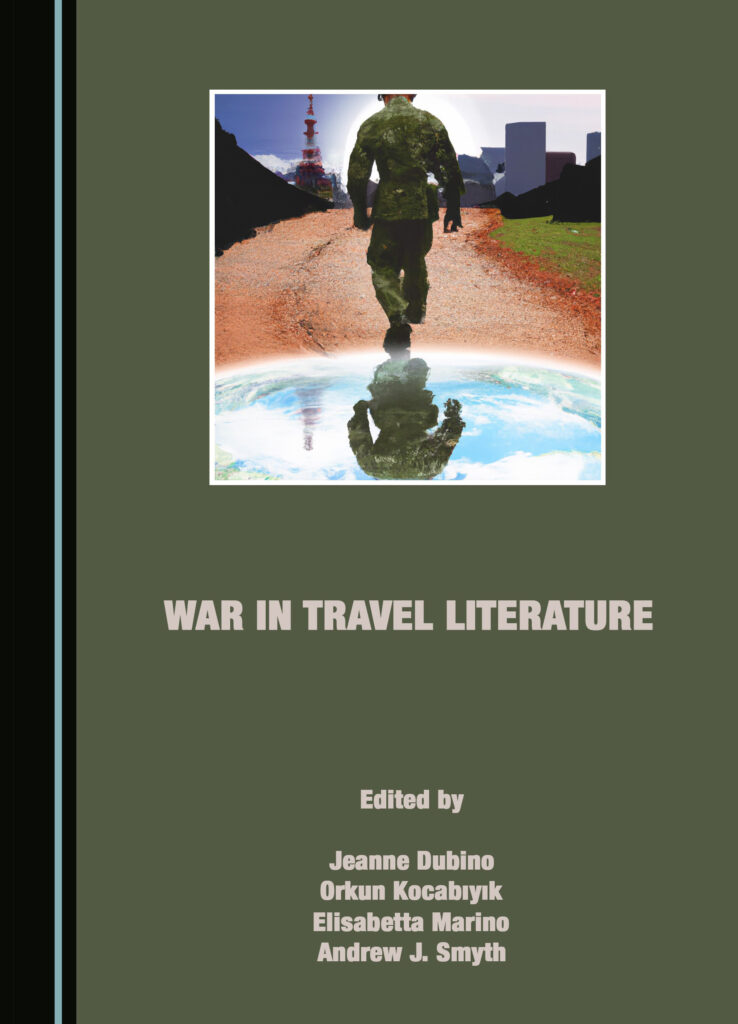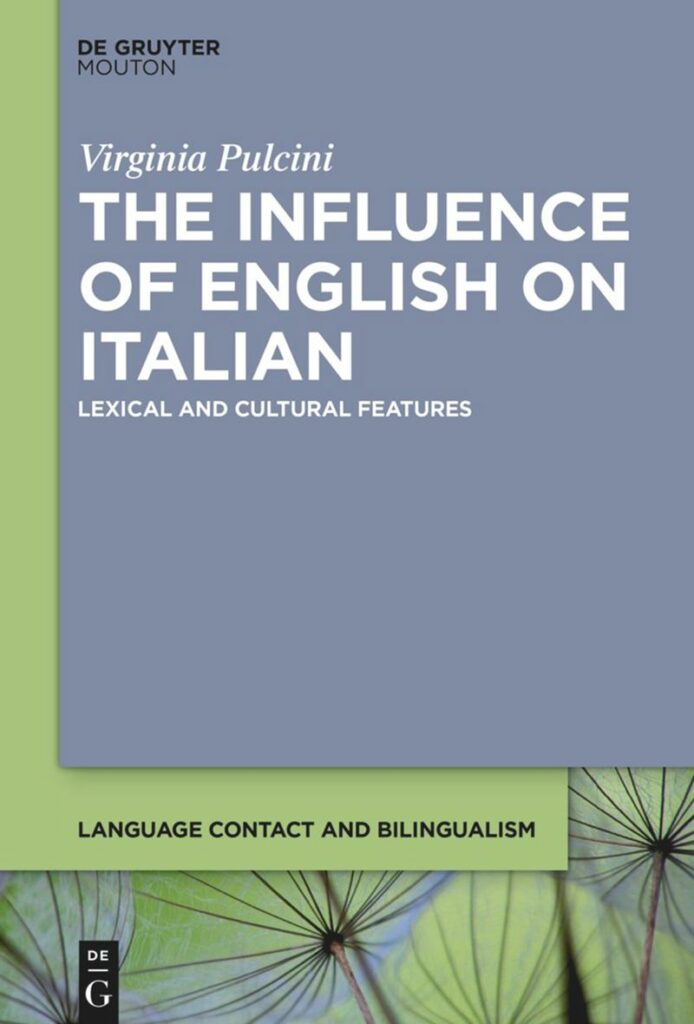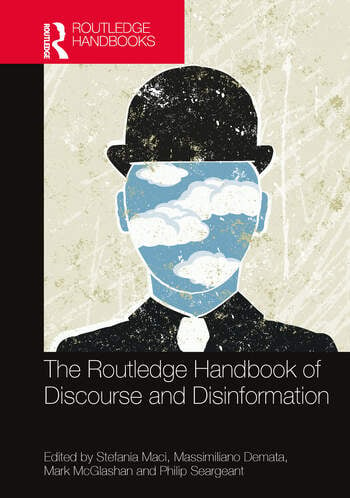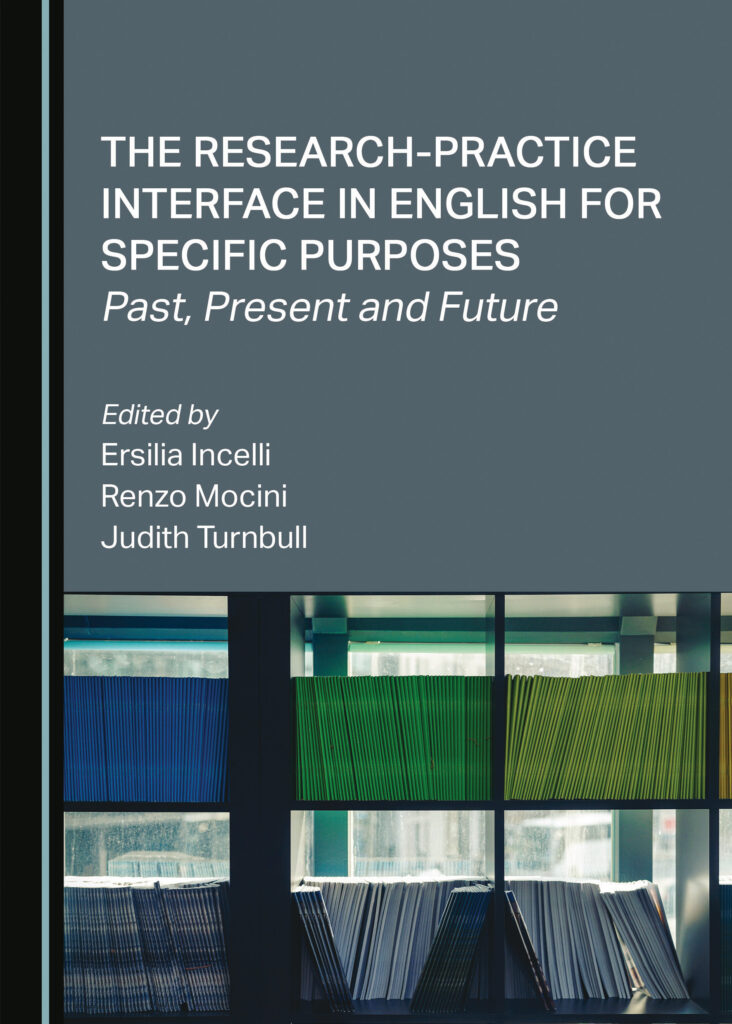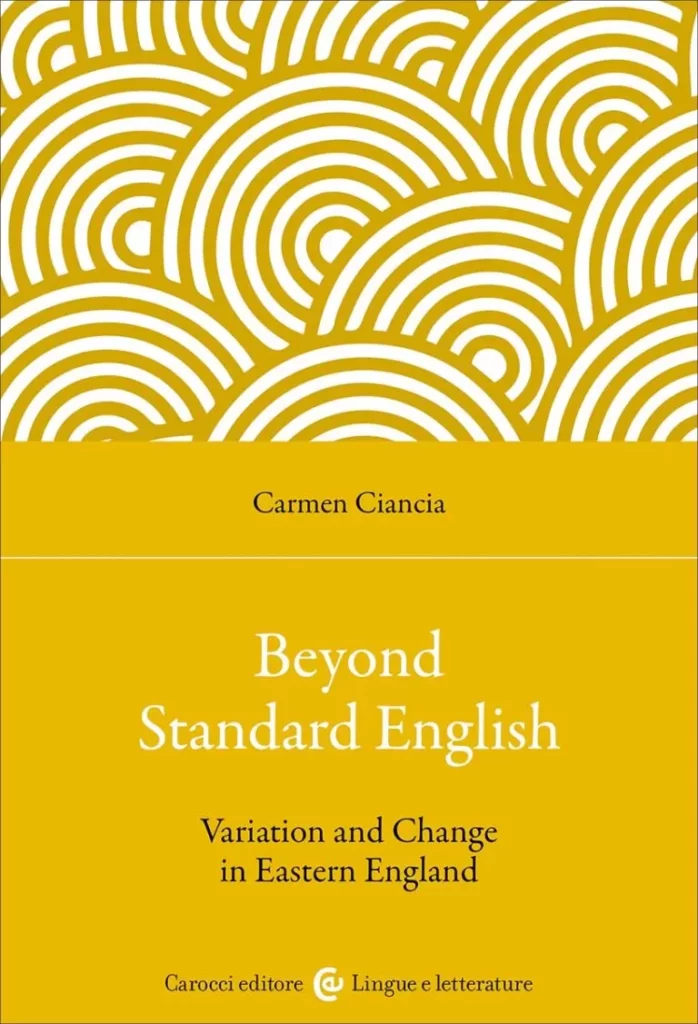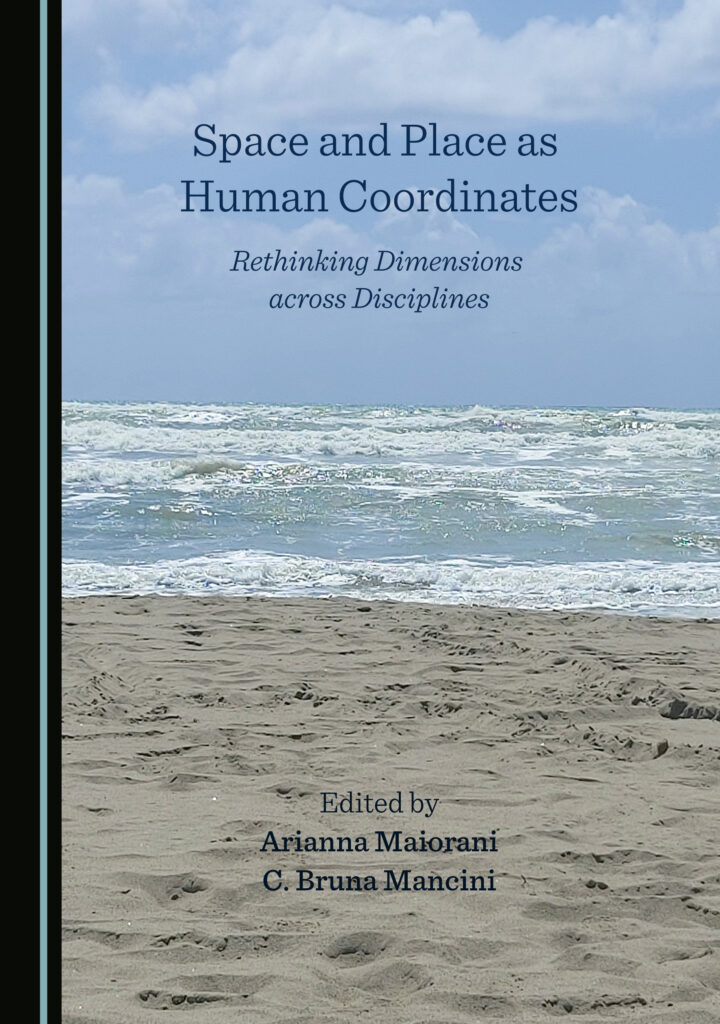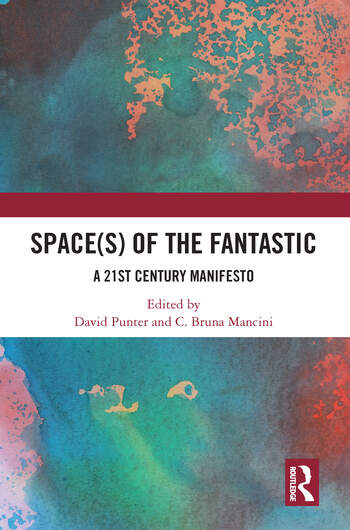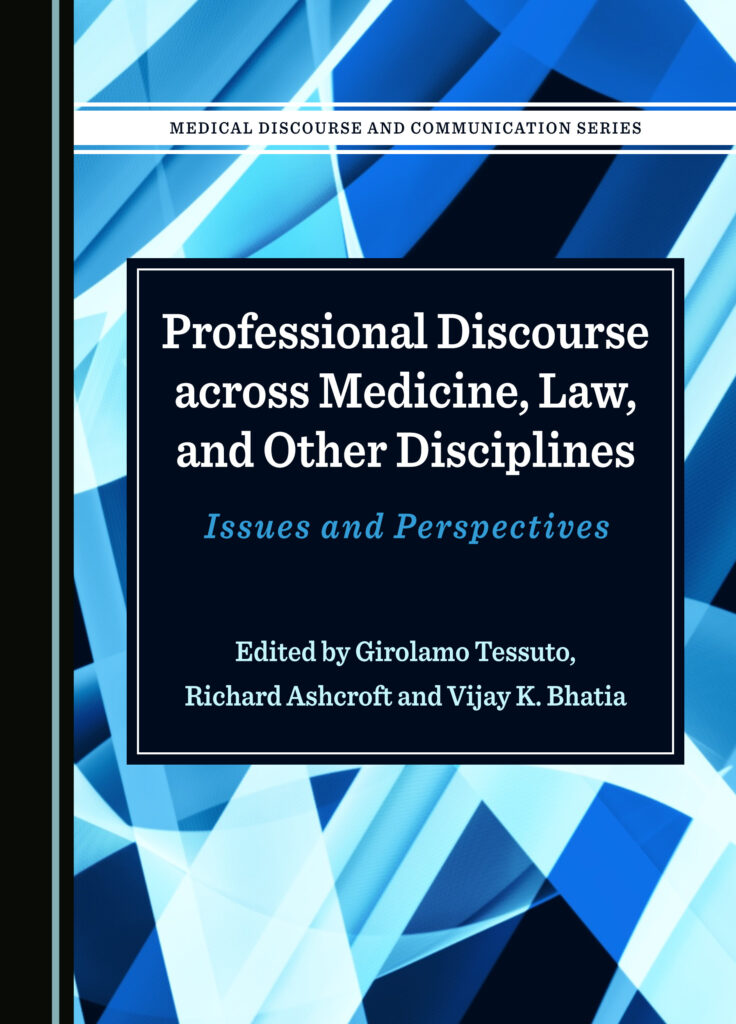War in Travel Literature – Jeanne Dubino, Orkun Kocabıyık, Elisabetta Marino, Andrew Smyth (eds.)
Jeanne Dubino, Orkun Kocabıyık, Elisabetta Marino, Andrew Smyth (eds.) War in Travel Literature Cambridge Scholars, 2023, pp. 313. ISBN: 1-5275-0482-4 These twelve chapters show how war functions as a subject, theme, impetus—willing and not—and backdrop in travel writing. Literature about travel and war in tandem enables readers to rethink both categories. The forms of travel writing about war addressed in this collection, including cookbooks and military magazines along with nonfiction narrative and memoir, reveal how heterogenous travel writing can be. To study travel in connection with war expands readers’ understanding of the multiple motivations instigating travellers’ journeys. War is about more than fighting on a battlefield; its reach is extensive, encompassing the spheres surrounding its battlefields and fronts. The many actors involved in any conflict attests to the ways war is absorbed into their worlds, permeates their thoughts and spurs their actions. Readers interested in travel literature from the beginning of the nineteenth century through the present day will find this volume to be of especial interest. https://www.cambridgescholars.com/product/978-1-5275-0482-0

